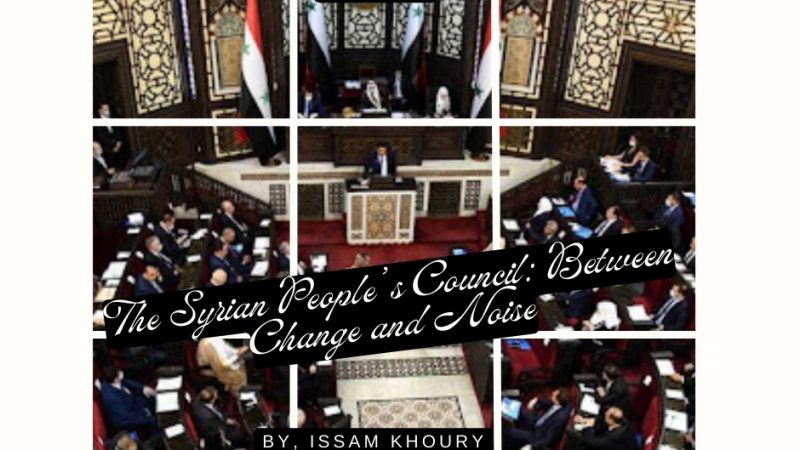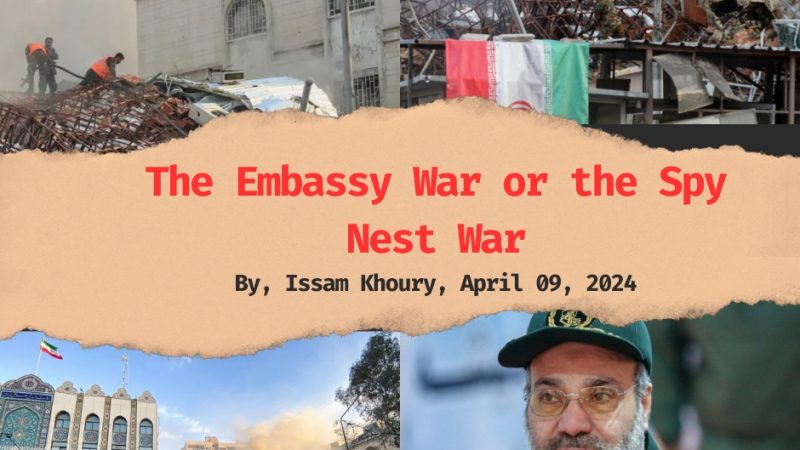Trump and Syria

BY FREDERIC C. HOF

Photo: U.S. President-elect Donald Trump gestures as he speaks at election night rally in Manhattan, New York, U.S., November 9, 2016. REUTERS/Mike Segar
For many Syrians, five-plus years of pain and suffering seem now to be crowned with another catastrophe: the election of Donald Trump as the 45th President of the United States. Feelings of foreboding and doom are deepened by much of the instant analysis pouring forth from Washington think tanks and editorial writers: analysis that recites the candidate’s campaign rhetoric and projects it verbatim into policy. This kind of analysis falls short in two respects: it may prove to be totally inaccurate; and it ignores the work that must be done starting now to make American policy toward Syria consistent with Mr. Trump’s promise to “make America great again”.
The rhetoric of a political campaign is not an infallible indicator of what the winner will do once the oath of office is taken. To the extent that Mr. Trump made foreign policy pronouncements during the campaign, they were minor facets of a larger theme: his desire to stir a popular electoral revolt against foreign policy elites and the political establishment broadly speaking, the idea being that his opponent was a charter member of both. In this he received an assist from the Obama administration’s defensive engagement of the same target, articulated by White House staffer Ben Rhodes’ criticism of the foreign policy “Blob.”
When, therefore, former Secretary Clinton expressed support for a no-fly zone to help protect Syrian civilians, Trump responded in a manner consistent with his broader theme: we have real problems here at home, so leave it to Russia and the Assad regime to fight the Islamic State (ISIS, ISIL, Daesh); indeed, support them in this endeavor. Whether or not Donald Trump knew then or knows now that Russia and Assad are concentrating their firepower not on ISIS but on Syrian civilians is not material: he was trying to project a message consistent with his perception that many in the American electorate are fed up with the Middle East and are quite prepared, at least in principle, to leave the region and its problems to others. For Trump, Syria was not the main event: discontent rooted in economic and social grievances was. Whatever he was to say about Syria, and the Middle East more broadly, simply could not be at odds with the anger and frustration he was trying to harness for electoral purposes.
It is simply not possible at this point to project exactly how Donald Trump will handle Syria as president. Indeed, this goes for a host of issues: NATO, Russia, Ukraine, trade, immigration, relations with the Muslim world, and so forth. He will start very soon to receive detailed intelligence briefings. He and his transition team will start to consider whom to nominate and appoint to senior foreign policy positions. Typically, new administrations come into office with more questions than answers about what to do and how to do it.
A key question about Mr. Trump has nothing at all to do with what he said about Syria and the Middle East during the campaign. It is this: does he know what he does not know? Something neither the United States nor its allies and partners in the world can afford is two straight know-it-all presidencies; two consecutive administrations of White House micromanagement by the operationally illiterate. If Donald Trump is content – as Ronald Reagan was – with providing broad, objectives-based policy guidance while delegating strategy and implementation to skilled, knowledgeable subordinates in the departments and agencies of government, then the United States has a shot at restoring its reputation and credibility.
It is, of course, possible that a soulless policy of operational indifference toward the protection of Syrian civilians and mitigation of the humanitarian and policy consequences of mass homicide might continue and even worsen. No doubt Mr. Trump will learn during the course of his intelligence briefings about the intimate connection between the collective punishment policy of Bashar al-Assad and the health of ISIS and al-Qaeda in Syria. No doubt he will learn that Russian and Iranian support of and participation in mass homicide belie their alleged opposition to ISIS: at least in Syria, where it constitutes a wonderful foil for their client. None of these matters could have been summarized in campaign sound bites. None of them could have been made consistent with a theme of putting up walls and attending to our own problems.
Still, on noon, January 20, 2017 Donald Trump will become President Trump. Between now and then a sustained effort must be made to work with his team on a wide range of foreign policy issues. Doing better in Syria than the Obama administration is the lowest of bars. But doing better will not happen on its own, and will not be brought about by ex post facto critiques of campaign rhetoric and the effortless projection of language into deed. Mr. Trump says he wants to make America great again. If we work hard, we may persuade him that American greatness can be reflected in a policy toward Syria that reflects real American values.
Frederic C. Hof is director of the Atlantic Council’s Rafik Hariri Center for the Middle East
the source http://www.atlanticcouncil.org/blogs/syriasource/trump-and-syria



